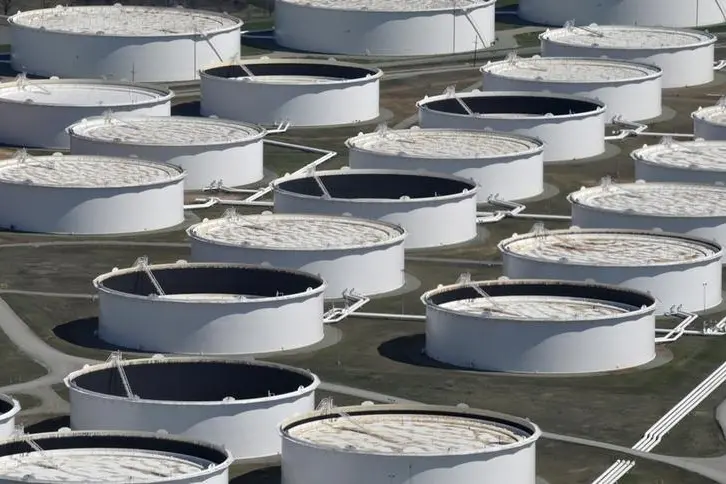PHOTO
Saudi Arabia has been the traditional voice of price moderation and long-term stability in the global oil market, given that it has the world's highest long life reserves and lowest cost of production of crude oil. In the 1980s and 1990s, under successive oil ministers (Sheikh Ahmed Zaki Yamani, Hisham Nazer and Ali Al Naimi), the kingdom acted as the Opec's swing producer, the de facto central bank of oil, to prevent price spirals and defuse supply shocks. So Saudi Arabia raised its output by millions of barrels when the Iranian revolution erupted in 1979, when Iran and Iraq waged a "tanker war" in the Gulf in 1987, abd when Saddam Hussein invaded Kuwait in 1990.
Saudi Arabia knew that a global recession would be catastrophic for oil demand and did its best to stabilise prices in a range that would not harm the West and Asia's industrial constellations. Even though Venezuela, Libya, Algeria, Iraq, Iran and even Brezhnev's USSR bitterly contested Saudi Arabia's oil price moderation, the kingdom's geopolitical and strategic allies in the Opec were the UAE and Kuwait. This was as true in 1976 when the Opec had a two-tiered price structure as in 2018 when the UAE and Kuwait have the highest compliance rate in the Saudi-Russian brokered Opec output deal.
The kingdom did not hesitate to flood the global markets with black gold to enforce quota discipline in the Opec. In 1986, Saudi Arabia abandoned its role of swing producer and ramped up its own output by two million barrels a day to punish quota cheating by Nigeria, hedge against Britain's North Sea oil exports and punish revolutionary Iran and the Soviet Union, then in military occupation of Afghanistan. Oil prices crashed to $8 in 1986. A generation later, Saudi Arabia abandoned its role of swing producer in November 2014 and Brent crude prices plummeted from $115 in June 2014 to $28 by early 2016. It is financial suicide for any global investor not to have a nuanced, real time grasp of the kingdom's oil pricing and output strategy. Decisions made in a palace in Riyadh or a luxury hotel in Vienna can trigger shock waves on Wall Street and the world financial markets.
The oil crash cost Saudi Arabia at least $300 billion in lost revenues and epic fiscal pain. Yet the kingdom has restored its primary in the Opec, led to a rise in Brent crude from $28 to $64 in the past two years and slashed the bloated global oil inventories to normal levels. Saudi Arabia also coordinated its oil output cut strategy with Russia.
Saudi Arabia wants Brent crude to trade higher than $60 to finance the most expansionary state budget in the history of the kingdom, kick start the Vision 2030 economic reforms, rebuild its sovereign wealth fund reserves and privatise the state-owned energy crown jewel Saudi Aramco. This means Saudi Arabia will not be a price dove in 2018 even as synchronised global growth boosts petroleum demand and the OECD inventory surplus plunges from 340 million barrels in June 2017 to barely 60 million barrels now. This is not October 1973, January 1979, August 1990 or March 2003 in the Middle East but I believe we are on the precipice of a potential price spiral in Brent crude that Saudi Arabia will not defuse on the eve of the Saudi Aramco IPO. The cognoscenti in the wet barrel (oil tanker) market in London tell me that Saudi Oil Minister Khalid Al Falih wants Brent crude at $70, not $60 any longer. This insight, if true, is a game-changer for international energy and financial market.
No less than 24 oil producers have signed the Saudi-Russia oil cut deal. The global oil glut is now kaput. Brent at $70-$75 means a higher valuation for the Saudi Aramco IPO, a more successful Vision 2030 reform agenda and lower pain of fiscal austerity. Yet every oil boom contains the seeds of its own destruction in 2018. Why? The Permian Basin in Texas, a geological prize as epic in scale as Burgan or Ghawar mega oil fields in the Arabian desert. After all, US shale is the planet's marginal supplier of black gold in 2018.
The writer is a global equities strategist and fund manager.
Copyright © 2018 Khaleej Times. All Rights Reserved. Provided by SyndiGate Media Inc. (Syndigate.info).





















